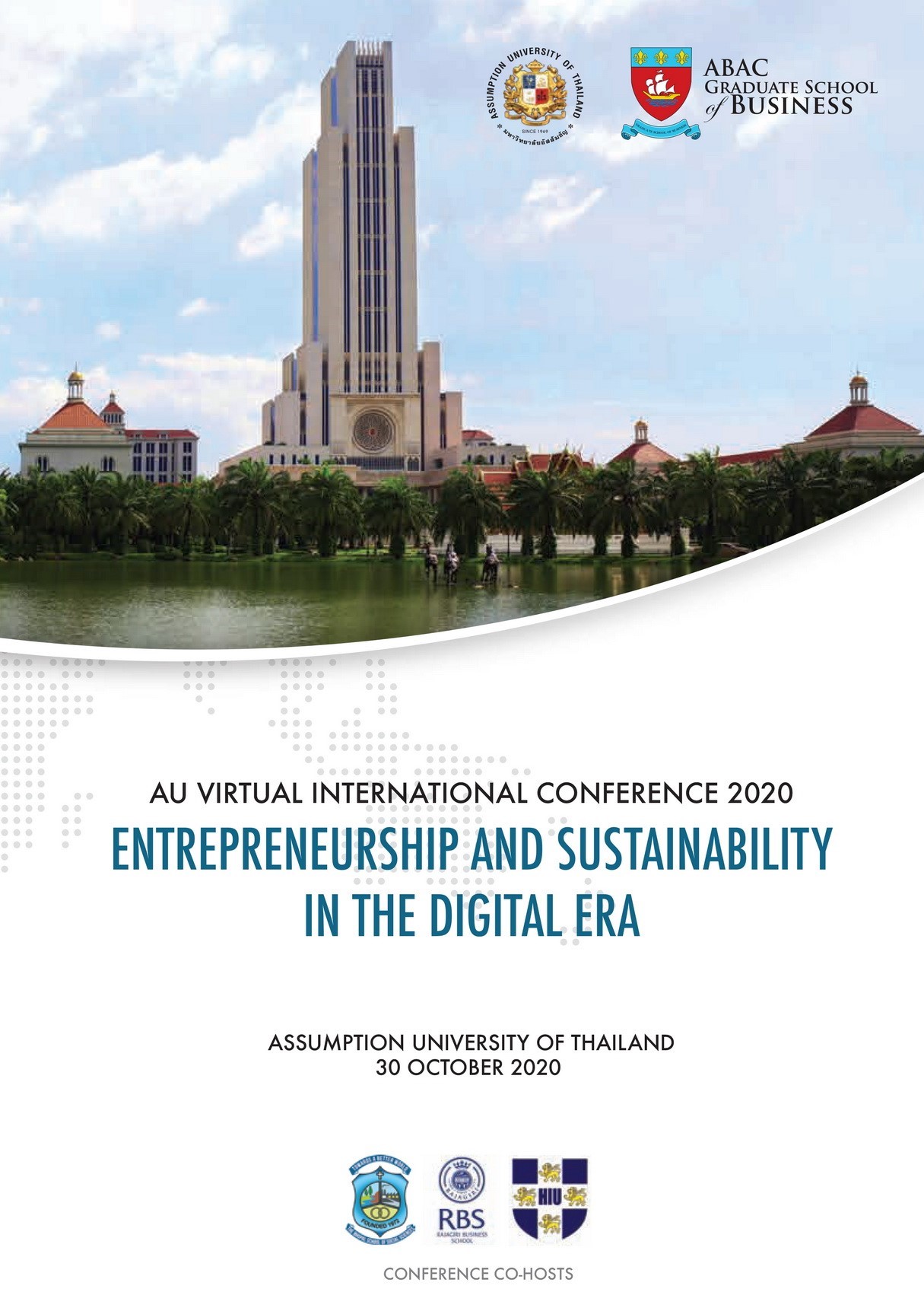THE IMPACT OF TRANSFORMATIONAL LEADERSHIP STYLES ON EMPLOYEE ENGAGEMENT IN A SUGAR FACTORY
Abstract
The objective of this research is to determine the influence of transformational leadership styles on employee engagement of a chosen sugar factory. Quantitative survey research was conducted. A total of 230 sets of questionnaires were distributed to manufacturing employees in the sugar factory and 180 completed questionnaires were used for data analysis. The mean values indicate that manufacturing employees in the studied sugar factory agreed with transformational leadership styles (idealized influence with the mean value of 3.57, intellectual stimulation with the mean value of 3.55, inspirational motivation with the mean value of 3.52, and individual consideration with the mean value of 3.21). Manufacturing employees in the studied sugar factory were engaged with their job, with the mean value of 3.90. Results from Multiple Linear Regression analysis indicate that transformational leadership styles (idealized influence, inspirational motivation, intellectual stimulation and individual consideration) significantly influence employee engagement. Individual consideration has the highest influence on employee engagement (Beta = 0.205), followed by idealize influence (Beta = 0.145), intellectual stimulation (Beta = 0.027) and inspirational motivation (Beta = -0.096) respectively. The selected sugar factory should focus more on individual consideration in order to create more employee engagement. Two factors of transformational leadership styles that should also be more focused on are idealized influence and intellectual stimulation as they have positive influence on employee engagement.
Downloads
Published
How to Cite
Issue
Section
License
Copyright (c) 2021 AU Virtual International Conference Entrepreneurship and Sustainability in the Digital Era

This work is licensed under a Creative Commons Attribution-NonCommercial-NoDerivatives 4.0 International License.

